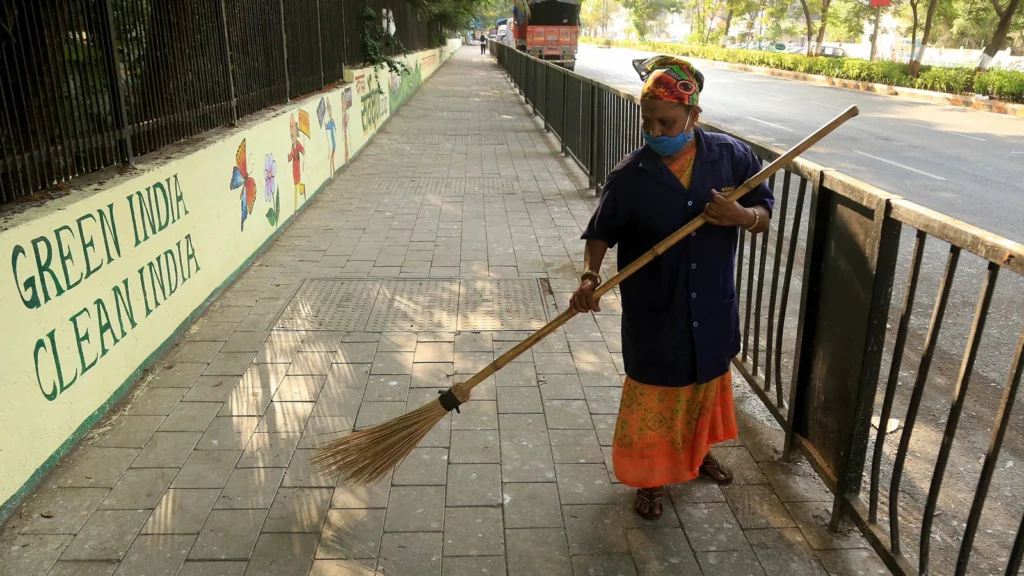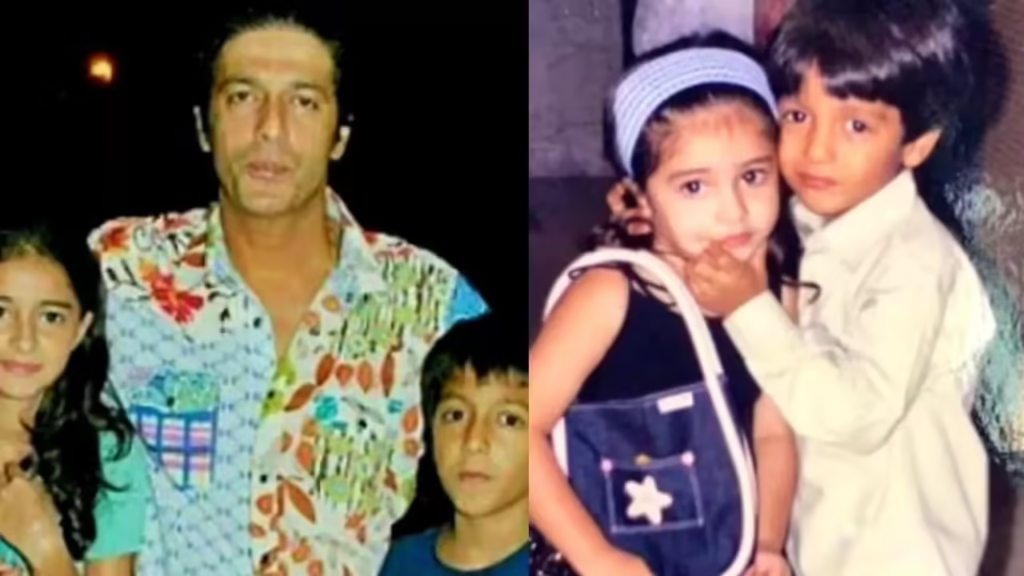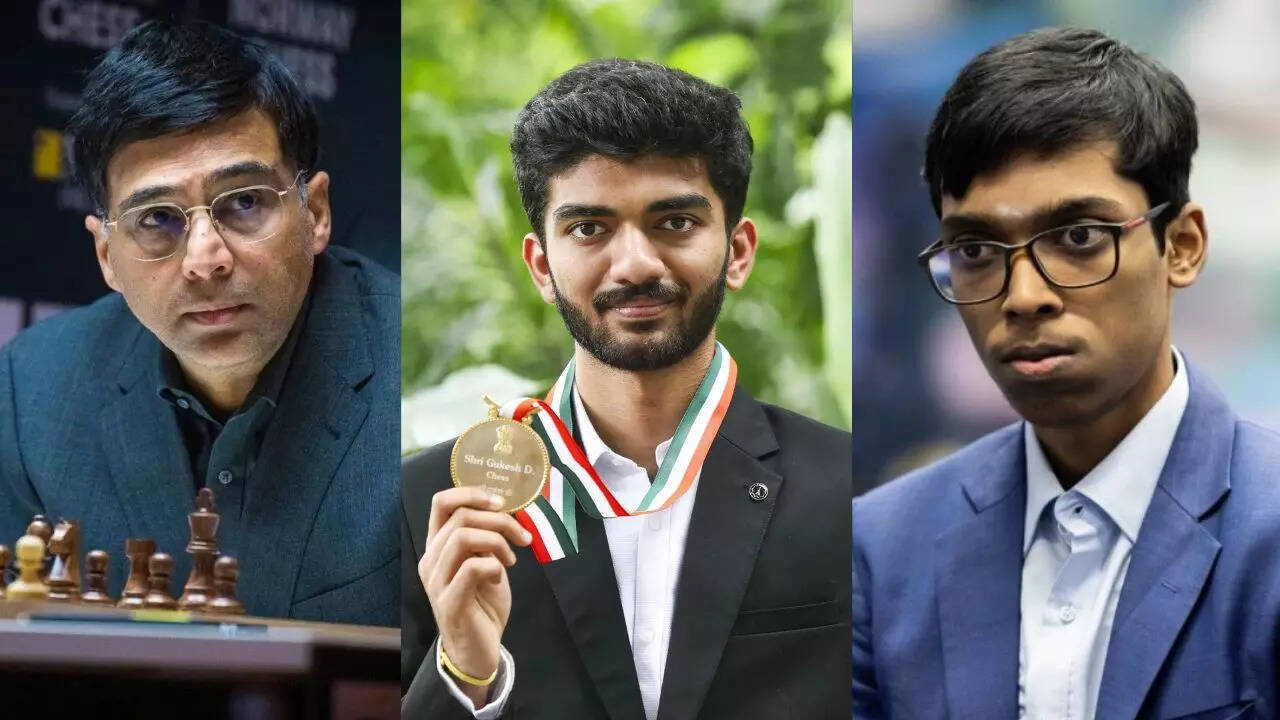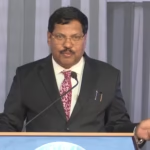Now Reading: Rashmika Mandanna Defends ‘Animal’ Director Amid Criticism: “No One’s Forcing You to Watch It”
-
01
Rashmika Mandanna Defends ‘Animal’ Director Amid Criticism: “No One’s Forcing You to Watch It”
Rashmika Mandanna Defends ‘Animal’ Director Amid Criticism: “No One’s Forcing You to Watch It”

Actor Rashmika Mandanna has spoken out in support of Animal director Sandeep Reddy Vanga, responding to ongoing criticism over the film’s portrayal of masculinity and violence. While debates around Animal continue to stir opinion online, Rashmika took a firm stance, saying that cinema is a matter of choice — and those uncomfortable with the content simply don’t have to watch it.
A Controversial Blockbuster
Animal, starring Ranbir Kapoor and Rashmika Mandanna, has been both a commercial success and a lightning rod for criticism. Many viewers and critics raised concerns about the film’s depiction of toxic masculinity and aggressive behaviour, especially in the name of love.
Director Sandeep Reddy Vanga has faced similar scrutiny in the past, particularly after his earlier film Kabir Singh, which sparked similar debates about violence and gender roles.
Rashmika Speaks Up
Addressing the backlash, Rashmika said the reactions are understandable, but ultimately, films offer creative expression. “It’s a personal choice. If you don’t like something, you don’t have to see it,” she said, adding that the story and characters in Animal are fictional and should not be taken as real-life templates.
Her statement has gained traction among fans and sparked fresh discussions about audience responsibility and creative freedom in filmmaking.
The Choice vs Responsibility Debate
This controversy once again brings forward the ongoing debate — should filmmakers be held responsible for the impact of their characters? Or is it up to the viewer to consume content with discretion?
In India’s Tier 2 cities like Indore, Nagpur, and Amritsar, where cinema plays a major role in shaping social attitudes, such films do raise concerns about how certain behaviours are normalized on screen. At the same time, many argue that storytelling must remain free and unrestricted — as long as it’s within legal and moral bounds.
Public Response Divided
Social media remains split on the issue. While many appreciate Rashmika’s stand and defend the film as “just fiction,” others believe popular stars have a responsibility, especially when their work influences young audiences. The broader question remains — where is the line between entertainment and social responsibility?
For actors, speaking up during controversies often means walking a tightrope between supporting their creative teams and acknowledging public sentiment.
Conclusion
Rashmika Mandanna’s comments reflect a growing voice among artists who advocate for choice and creative space in cinema. As debates around Animal continue, they highlight the evolving conversation between filmmakers, actors, and the audience — one where freedom of expression and social impact are constantly being weighed. In the end, the viewer still holds the remote — and the power to decide what they watch.























